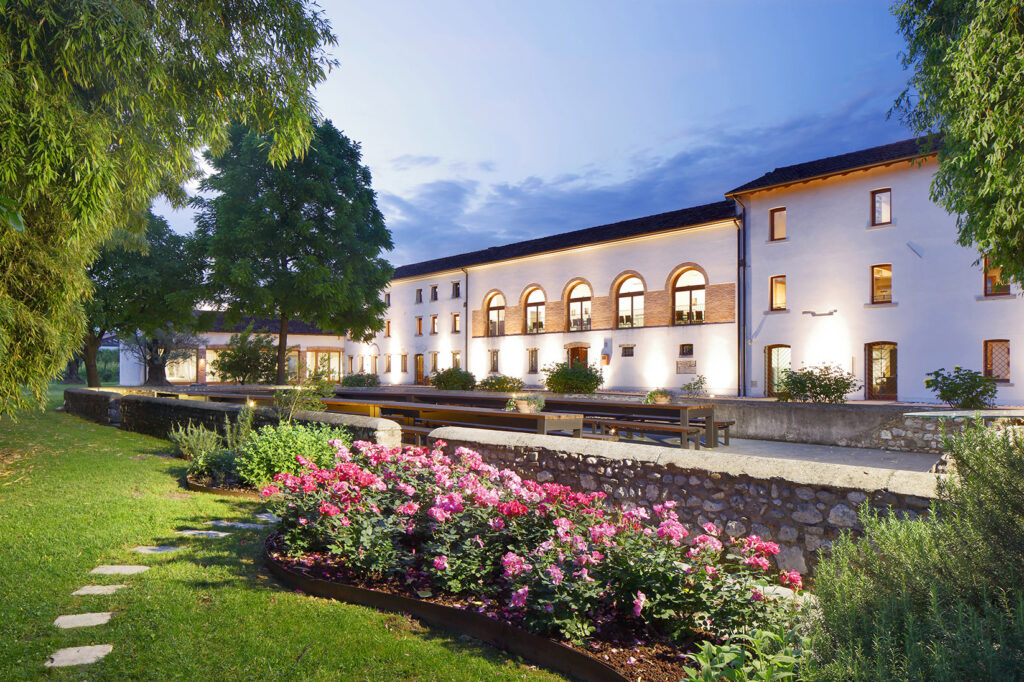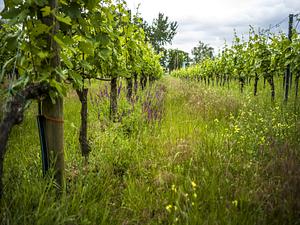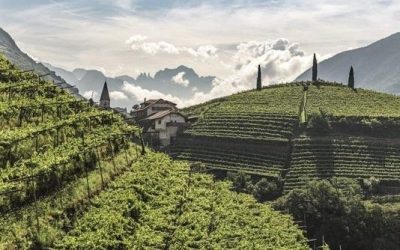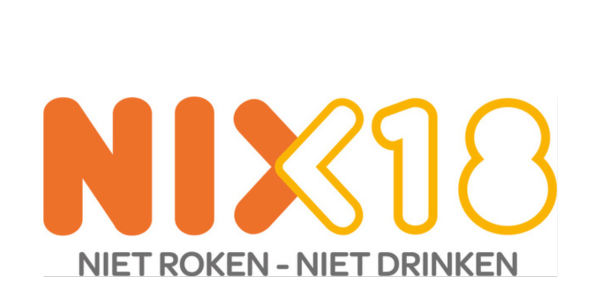
The Comitato Leonardo has published the announcement for two Degree Awards, which are financed by Bottega S.p.A., a winery and distillery in Bibano di Godega (TV).
The initiative is part of the 2024 edition of the Degree Awards of the Comitato Leonardo, which rewards young people and the most brilliant thesis on the theme of Made in Italy and Italian excellence in various sectors: the pharmaceutical industry, fashion and jewellery, components, energy and food & beverage, up to the valorisation and internationalisation of Italian companies. These are the main focus areas of the 12 Prizes offered for 2024, which will contribute to the future of new graduate students from Italian institutes and universities.
The deadline for the tenders has been set for 15/01/2025, so that graduates from the winter session can also participate.
Both Bottega Degree Prizes are related to the production activity of the company.
The first Degree Award entitled ‘Development of non-alcoholic liquids with healthy claims’ rewards the work of young students who have written a degree thesis dealing with the research and development of beverages with interesting organoleptic qualities and at the same time with healthy properties, such as low sugar content (max. 25 g/l), low calorie content and beneficial effects on metabolism.
The second, entitled ‘Development of eco-sustainable packaging with a specific focus on the short supply chain, from raw materials to waste disposal’, is aimed at young students who have drawn up a degree thesis in which the theme of eco-sustainable packaging and its recycling, applied to the wine sector, has been developed.
The promoting committee, which will decide on the awarding of the prizes, consists of the members of the Comitato Leonardo Board of Directors and the President of Bottega S.p.A.
Sergio Dompé, President of Comitato Leonardo, said: ‘Over the years, Comitato Leonardo’s “Degree Awards” Project has enabled over 160 young graduates from universities all over Italy to enter the world of work, connecting universities and entrepreneurial realities of excellence in Italian-made products, both in more traditional sectors and in new frontier ones’.
Sandro Bottega, President of Bottega S.p.A., added: ‘We enthusiastically joined this initiative of the Comitato Leonardo, as investing in young people is essential for the development of a company, as well as a duty towards the new generations.’
#Leonardo4Talent
Comitato Leonardo
The Comitato Leonardo (www.comitatoleonardo.it) was set up in 1993 on the joint initiative of ICE, Confindustria and a group of entrepreneurs, including Gianni Agnelli and Sergio Pininfarina, with the primary objective of promoting Italy as a Country System by highlighting the qualities of entrepreneurship, artistic creativity, refinement and culture that are reflected in its products and lifestyle. Today, the Committee brings together over 160 leading personalities and companies both in the traditional Made in Italy sectors and in the new frontier sectors, such as high technology and digital. Among the members of Comitato Leonardo are 110 companies with a total turnover of 410 billion euro and an average export share of 55%.
Bottega
The Bottega family, which has four centuries of history in the world of wine and grappa, founded the company of the same name, which is both a winery and a distillery. It is based in Bibano di Godega (TV), 50 km north of Venice, where it produces grappas, wines and liqueurs. The grappas include fine selections of single varietals and barrique-aged distillates. Bottega’s range of wines includes Prosecco, including the well-known Bottega Gold, and other sparkling wines with great personality. In separate cellars in Valpolicella, Chianti and Montalcino, Amarone, Ripasso, Chianti Gallo Nero, Brunello di Montalcino and other great reds are produced. An extensive range of fruit and cream liqueurs completes Bottega’s offer. The company distributes its products in 165 countries worldwide. For many years, Bottega S.p.A. has made an unwavering commitment to sustainability, which has led to real and concrete results in reducing its impact on the environment, society and the economy.










